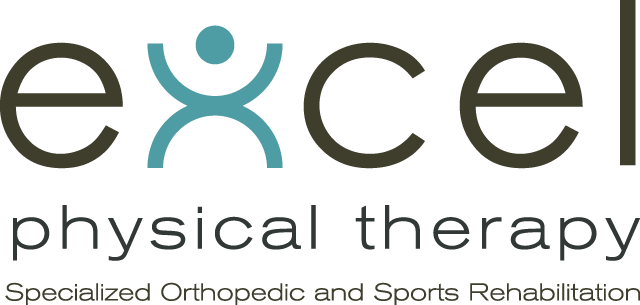It has been a long stressful day and you can feel your head getting tight, like it’s being squeezed in a vise. The pain in your head becomes bad enough that you pop some ibuprofen and go to bed early. Sound familiar?
Tension headaches are included as one of the major classifications in the all too common world of head pain. Other types of headaches include migraines and cervicogenic headaches. A study by Haldeman (2001) found that 78% of adults will experience tension headaches once in their lives. This type of headache can range from the isolated incident that is illustrated above, to people who have severe and unrelenting tension headaches.
A tension headache is described as pain on both sides of the head (often in the temples and the back of the head), pressing and tightening in quality, with tenderness in the muscles on the sides of the head and on the base of the skull. The source of chronic tension headaches is poorly understood, but many researchers think that there is a link between dysfunctional brain interpretation of pain and the muscles of the head and upper neck becoming hypersensitive.
How do you treat tension headaches when they become more than just the limited occurrence, which is resolved quickly with over the counter medication? A visit to your general physician or a neurologist and trial of prescription medication is a good starting place. However, some patients don’t find adequate relief with medication. I would advise that the next step should be an appointment with a physical therapist specializing in headaches and neck dysfunctions. The physical therapist will be able to thoroughly evaluate your neck, head, and posture to determine if chronic poor postures and strain to the head and neck is present. Often, improving posture and showing the patient gentle stretching exercises will lead to a reduction in tension headaches.
